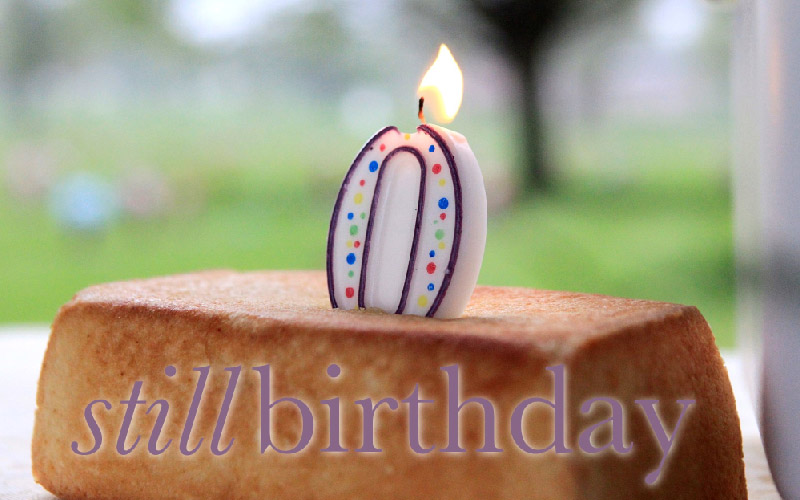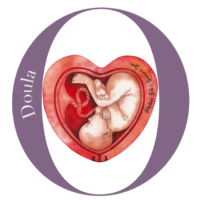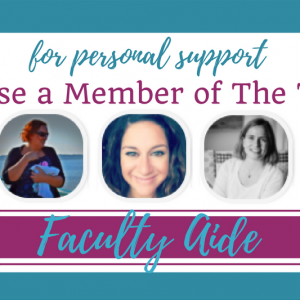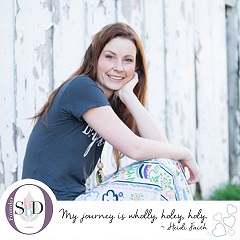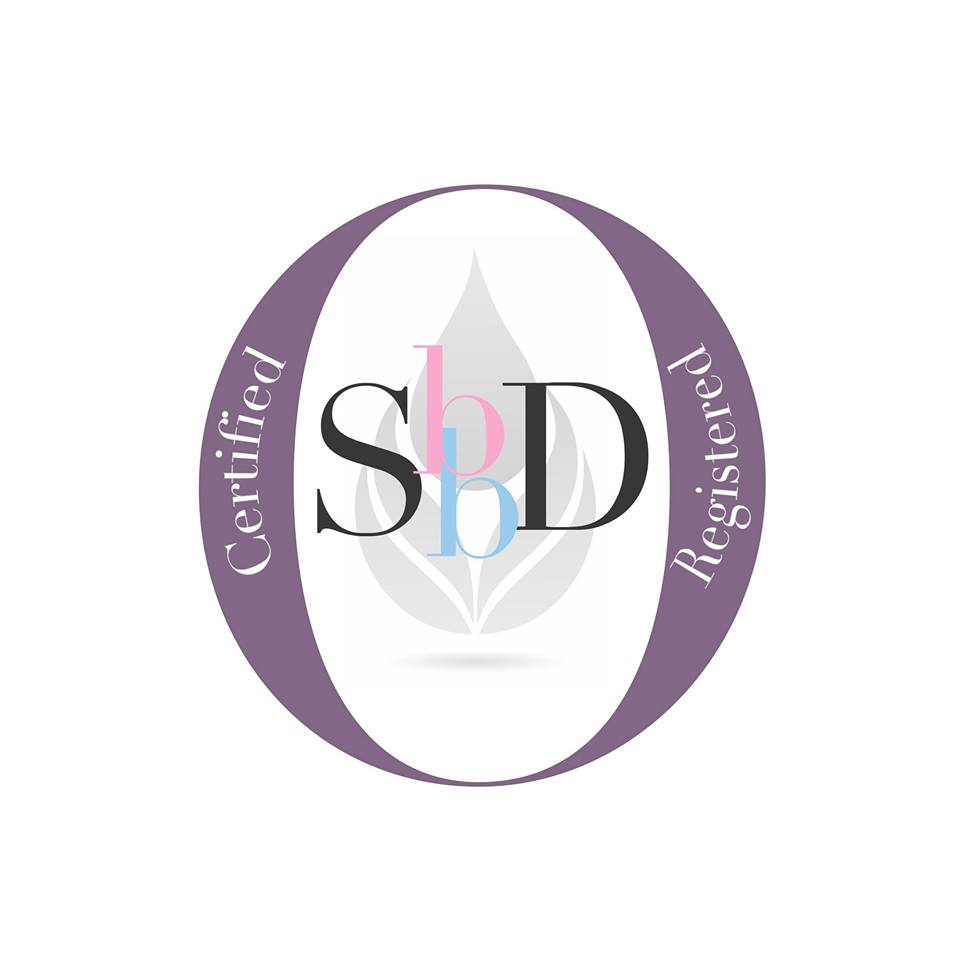The global community of birth professionals continue to wrap love around the Gaskin family, and it is a time many of us who are birth doulas or birth midwives are drawing the parallels, some for the first time, between supporting during birth, and supporting during death.
But, there is a need for a clarification of terms, so I’d like to explain those. Let’s step out of birth and death altogether for a moment and I’ll compare these terms to a life event that also has parallels – a wedding.
Maid/Matron of Honor – someone who provides emotional and moral support. Someone who listens to you, assess what needs you might have, and presents you with options to choose from. This person is most commonly a “she”, but, yours may not be; for our example she will be. You can call her at midnight to tell her that you’re scared, or excited, or both, and she’ll remind you that no matter what, she is with you. That you can do this. She’ll remind you of your strengths, remind of your support, and she’ll rally the team together to strengthen and support you. And if she’s really good, she’ll also have many of the same skills as your wedding planner. If you’re not already super close before your big day, you’ll probably be close because of it. That’s a doula.
Justice of Peace/Preacher/Chaplain – on the beautiful day, this is the person you stand in front of to deliver your commitment as a unit. You pick this person out beforehand, making sure they see your vision and that they’re a good match for it. You agree on the date, and you meet together. You stand before this person on your big day. You are the one making the vow, not this person. But this person is essential in making sure your vow actually happens. That’s a midwife.
Courthouse – let’s just toss this in there because even though it’s not the fun part, it is a formality. Does your beloved have a criminal record? Are you agreeing to a prenuptual agreement? Do you file taxes? The fine print. The stuff that takes all the pretty out of your day and puts it into documentation. The legal stuff. For extreme simplicity’s sake, we’ll call that the hospital, the doctors, and/or the laws in your area surrounding your birthing choices.
I just don’t want the value of what Ina May Gaskin has brought to the birthing choices of mothers to become diluted as I’m seeing the mistakes in droves as people are comparing her experience right now to death midwifery, but doing so by erroneously speaking of the role of a “death midwife” as “bereavement doula“.
Here at stillbirthday, we train and certify both, birth & bereavement doulas, and, what others are calling death midwives – but we call ourselves midwives of thanatology. So let me address these two terms.
A birth & bereavement doula provides support prior to birth, during birth, during the welcoming, during the farewell, and during the healing journey. This support is provided in much of the same capacity as our maid of honor, looked at earlier. You can learn more about our birth & bereavement doula certification program, here.
A midwife of thanatology, also provides support prior to birth, during birth, during the welcoming, during the farewell, and during the healing journey. In fact, the SBD doula program is a prerequisite into the midwife of thanatology program. But the midwife of thanatology is comparable to chaplain in the example above, and in fact we call this program our SBD Chaplaincy program. A midwife of thanatology helps you exert your rights as you prepare for the event of your farewell. Your local birth midwife knows your local laws regarding where you can birth, with whom, and under what laws. Your local midwife of thanatology, knows your rights of sepulcher, knows the difference between hospital policy and local law regarding your time with your deceased beloved, knows where you might bury or cremate, and can officiate the farewell, exactly as a chaplain might speak at a funeral.
Let us all understand that birth doula and midwife are not the same, and neither is birth & bereavement doula and midwife of thanatology. And let us understand that all of these roles are of tremendous value.
This is what was shared via our facebook page yesterday:
“Ina May Gaskin is in many ways a trailblazer of non-medical childbirth options and is known as a mother of midwifery.
While the world celebrates her contributions to the options in childbirth, facilitating bonding and joy between mothers and newborns, her first birth resulted in her beloved newborn son, Christian, dying in her arms.I honor Ina May not even for her work, but for her motherhood journey.
Today, everyone who celebrates Ina May for her contributions to birthing choices is gathering to pray and send healing thoughts as it is being reported that her beloved Stephen is nearing his death.Ina May, I am so sorry for the death of your son, Christian. Thank you for bringing joy to mothers through your own motherhood experiences, that you see the value of birth intrinsically, the value of mothers loving and connecting with our babies, no matter what, and for finding ways to facilitate that.
May these moments with your beloved Stephen now be filled with significance to you, even joy, and may you be given a space to just authentically honor your journey, free from the scrutiny and publicity that has chased you since your first birth, and may you just find spiritual and emotional rest in these moments as your beloved may be entering his.”
